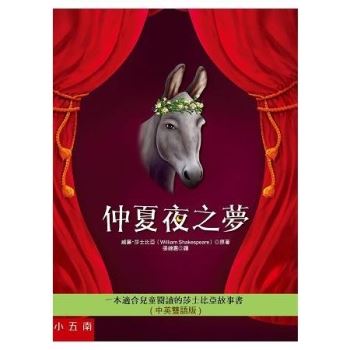MOSCOW IN THE MAKING By Snt E. D. SIMON. M.A. PREFACE By SIR E. D. SIMON MY wife and I had long felt that the best way to attempt to understand something of the great Russian experiment would be to study a single aspect of Russian life which would bring us into effective contact with Russians dealing with a kind of work which we understood. We decided, therefore, to investigate the city government of Moscow, my wife dealing with educational administration, while I tackled housing and town planning. We were fortunate in securing the collaboration of Professor Jewkes and Dr. Robson to deal with the wider aspects of the work of the Mossoviet in finance and administration respectively which we thought would be necessary to a proper understanding of education and housing. We regret that it was not possible to deal with other important aspects of the work of the Mossoviet, particularly public health. We found it exceedingly difficult to get printed information in spite of efforts continued for many months, we got almost nothing in advance of our visit, and even while in Moscow we got comparatively little. But we were received in the most friendly manner by leading members and officials of the Mossoviet, who gave us, in some cases individually, in some cases jointly, interviews lasting from two to four hours, during which they explained the work on which they were engaged and answered our questions not only patiently, but, so far as we could judge, quite frankly as regards all matters dealing with the affairs of the Mossoviet. We spent four weeks in Moscow, and so far as it was practicable each of us interviewed those officials of the Mossoviet and of the national government who were concerned vith our own specialities. Some of us also paid short visits to Leningrad and Kharkov. We met each day to talk matters over, and found the mutual discussion and criticism helpful. But we did not always reach full agreement: for example, Professor Jewkes and Dr, Robson both dissociate themselves from some of the statements and views of the other, and indeed we are perhaps none of us fully agreed as to the exact extent of the responsibilities and powers of the Mossoviet in relation to the central government. Many other differences of emphasis and interpretation can no doubt be found in the various chapters. It should be made clear that each member takes responsibility only for his own chapter or chapters. In many ways our investigation was carried out under great difficulties: we none of us spoke Russian, nor had we visited Moscow before. We apologize for any inconsistencies and inaccuracies that the book may prove to contain. We owe our sincerest thanks to Mr. Maisky, the Russian Ambassador in London, to the Foreign Office in Moscow, who did much to help us, and to the numerous members and officials of the Mossoviet, who freely gave us much of their valuable time. Intourist looked after our travel arrangements admirably and provided us with excellent interpreters, who were in every way helpful and efficient. Voks were kind enough to provide us with an admirable Interpreter for our more important interviews. We are most grateful to Dr. S. P. Turin, who was very helpful in finding Russian sources of information and summarizing or trans lating them for us. We owe to Mr. and Mrs. Sidney Webb not only our thanks for encouragement and suggestions in our preliminary discussions our whole investigation was due to the stimulus of their book Soviet Communism: A New Civilization?, which provided us with an invaluable background for understanding the work of the Mossoviet.
| FindBook |
有 1 項符合
Moscow in the Making的圖書 |
 |
Moscow in the Making 作者:Simon 出版社:Hesperides Press 出版日期:2006-11-12 語言:英文 規格:平裝 / 272頁 / 21.59 x 13.97 x 1.55 cm / 普通級/ 初版 |
| 圖書館借閱 |
| 國家圖書館 | 全國圖書書目資訊網 | 國立公共資訊圖書館 | 電子書服務平台 | MetaCat 跨館整合查詢 |
| 臺北市立圖書館 | 新北市立圖書館 | 基隆市公共圖書館 | 桃園市立圖書館 | 新竹縣公共圖書館 |
| 苗栗縣立圖書館 | 臺中市立圖書館 | 彰化縣公共圖書館 | 南投縣文化局 | 雲林縣公共圖書館 |
| 嘉義縣圖書館 | 臺南市立圖書館 | 高雄市立圖書館 | 屏東縣公共圖書館 | 宜蘭縣公共圖書館 |
| 花蓮縣文化局 | 臺東縣文化處 |
|
|
圖書介紹 - 資料來源:博客來 評分:
圖書名稱:Moscow in the Making
|











